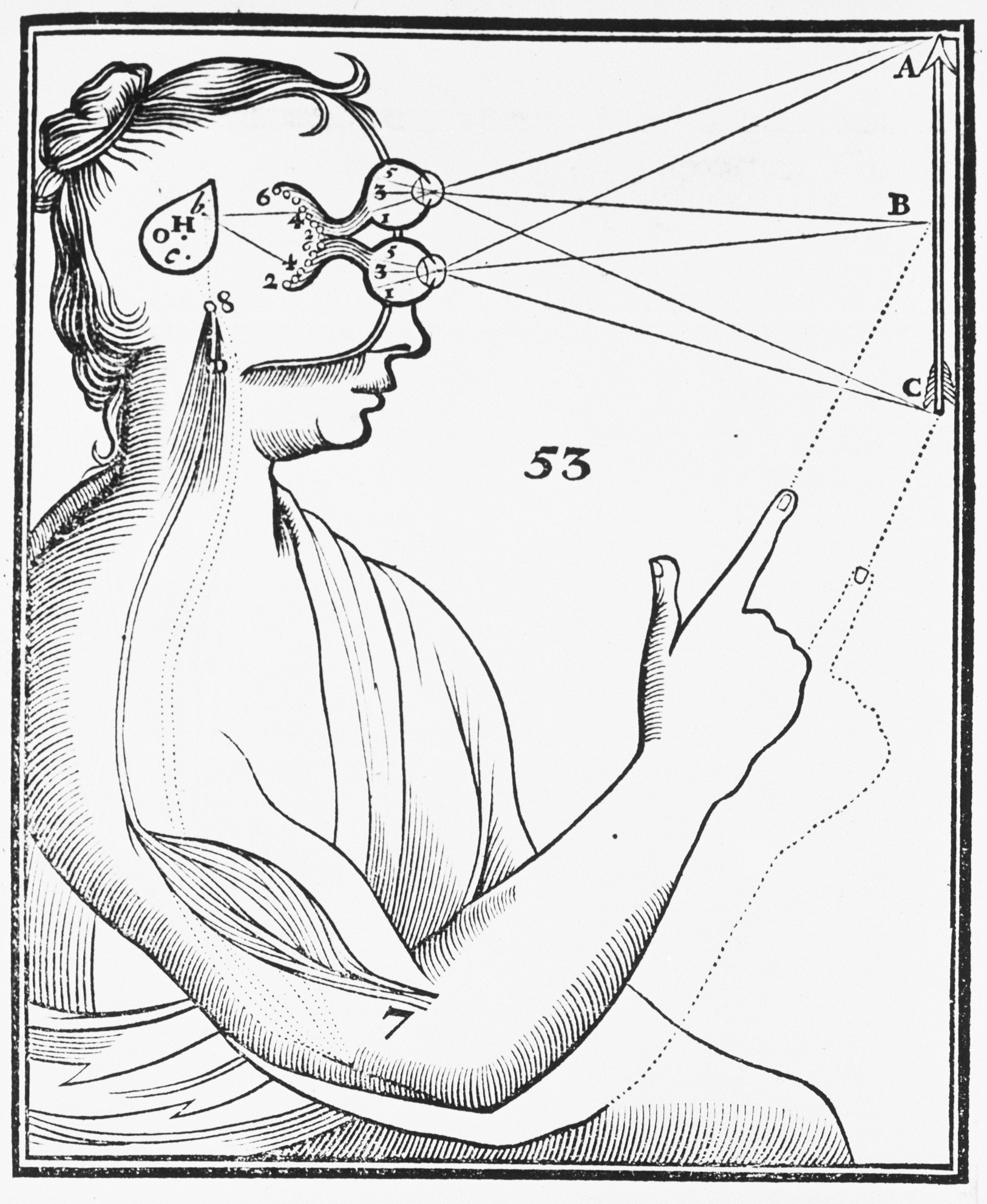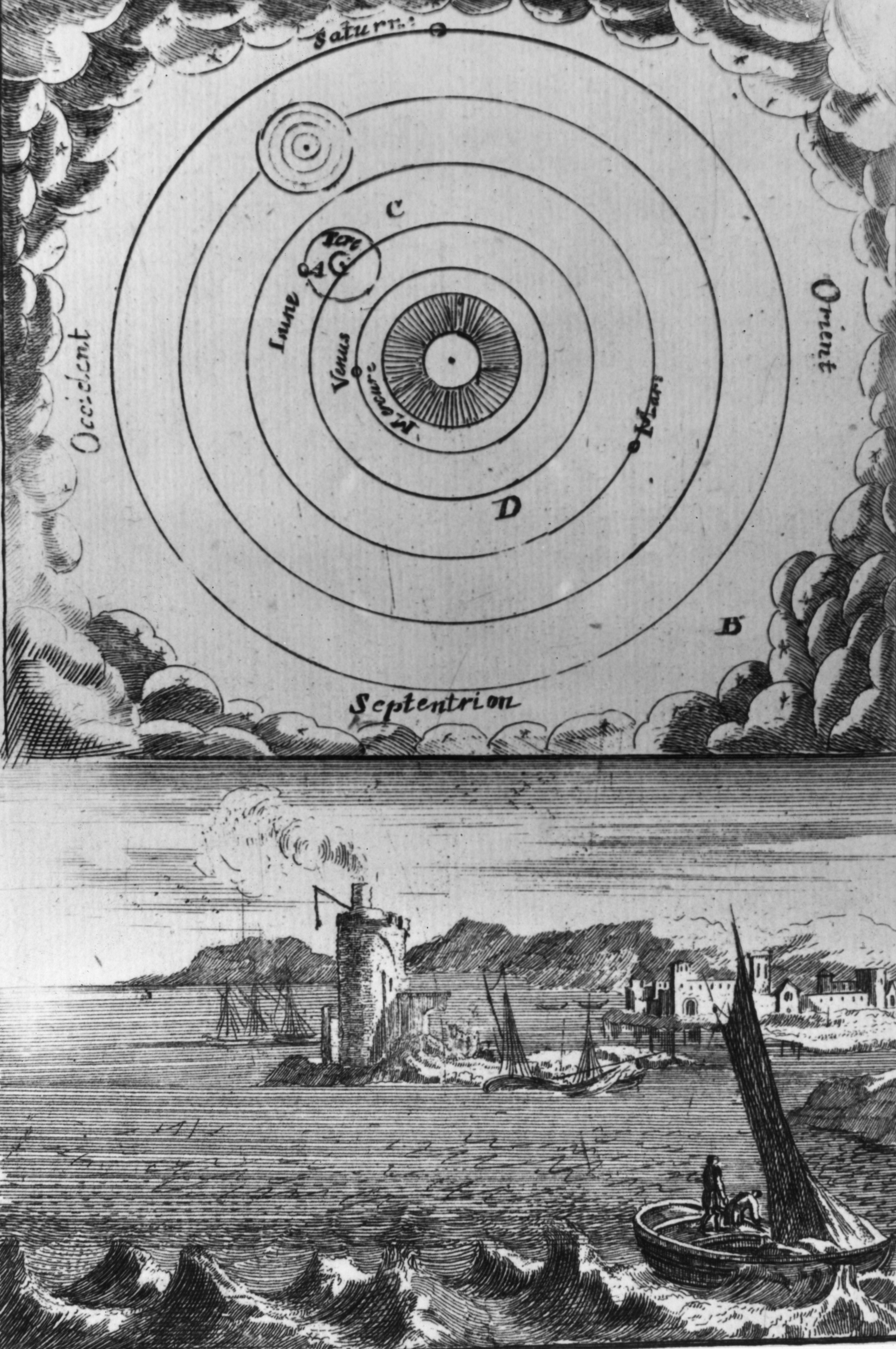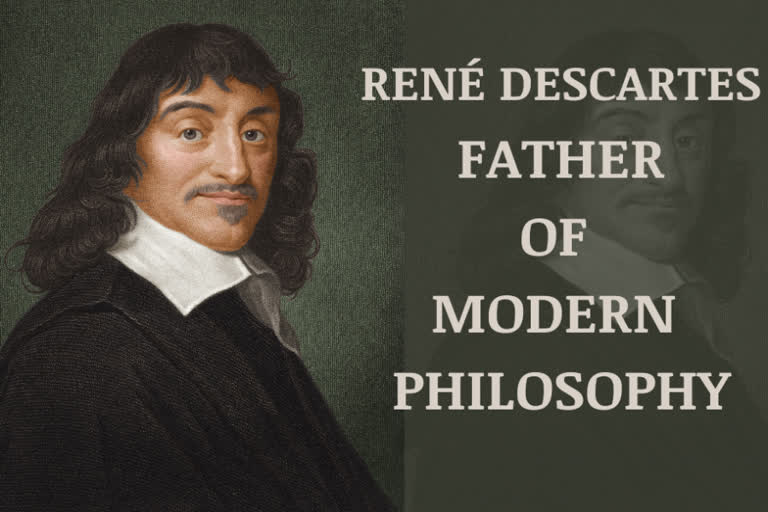Hyderabad: Father of modern philosophy, René Descartes was born on March 31, 1596, in La Haye en Touraine, a small town in central France, which has since been renamed after him to honour its most famous son. He was the youngest of three children and his mother, Jeanne Brochard, died within his first year of life.
His father, Joachim, a council member in the provincial parliament, sent the children to live with their maternal grandmother, where they remained even after he remarried a few years later. But he was very concerned with good education and sent René, at age 8, to boarding school at the Jesuit college of Henri IV in La Flèche, several miles to the north, for seven years.
Becoming the Father of Modern Philosophy:
Descartes is considered by many to be the father of modern philosophy because his ideas departed widely from current understanding in the early 17th century, which was more feeling-based. While elements of his philosophy weren’t completely new, his approach to them was.
- Descartes believed in basically clearing everything off the table, all preconceived and inherited notions, and starting fresh, putting back one by one the things that were certain, which for him began with the statement “I exist.”
- From this sprang his most famous quote: “I think; therefore I am.” Since Descartes believed that all truths were ultimately linked, he sought to uncover the meaning of the natural world with a rational approach, through science and mathematics—in some ways an extension of the approach Sir Francis Bacon had asserted in England a few decades prior.

- In addition to Discourse on the Method, Descartes also published Meditations on First Philosophy and Principles of Philosophy, among other treatises.
- Although philosophy is largely where the 20th century deposited Descartes—each century has focused on different aspects of his work—his investigations in theoretical physics led many scholars to consider him a mathematician first.
- He introduced Cartesian geometry, which incorporates algebra; through his laws of refraction, he developed an empirical understanding of rainbows.
- He proposed a naturalistic account of the formation of the solar system, although he felt he had to suppress much of that due to Galileo’s fate at the hands of the Inquisition.

- His concern wasn’t misplaced—Pope Alexander VII later added Descartes’ works to the Index of Prohibited Books.
- Sweden was a Protestant country, so Descartes who was a Catholic was buried in a graveyard primarily for unbaptized babies. Later, his remains were taken to the abbey of Saint-Germain-des-Prés, the oldest church in Paris. They were moved during the French Revolution and were put back later—although urban legend has it that only his heart is there and the rest is buried in the Panthéon.
- Descartes’ approach of combining mathematics and logic with a philosophy to explain the physical world turned metaphysical when confronted with questions of theology; it led him to a contemplation of the nature of existence and the mind-body duality, identifying the point of contact for the body with the soul at the pineal gland.
- It also led him to define the idea of dualism: matter meeting non-matter. Because his previous philosophical system had given man the tools to define knowledge of what is true, this concept led to controversy.
- Fortunately, Descartes himself had also invented methodological or Cartesian doubt, thus making philosophers of us all.
Also Read: Features and Specifications of POCO X3 Pro, launched in India



